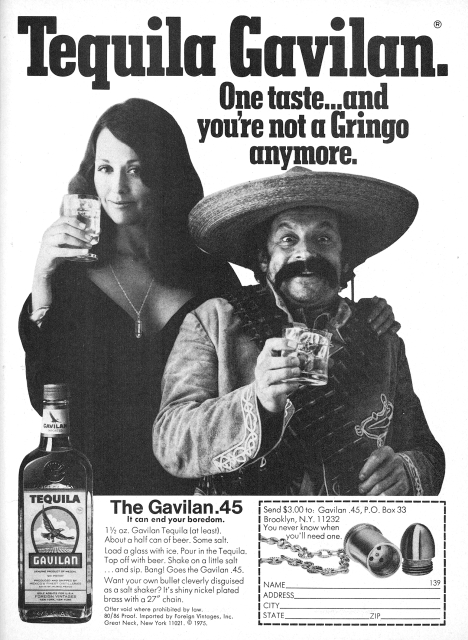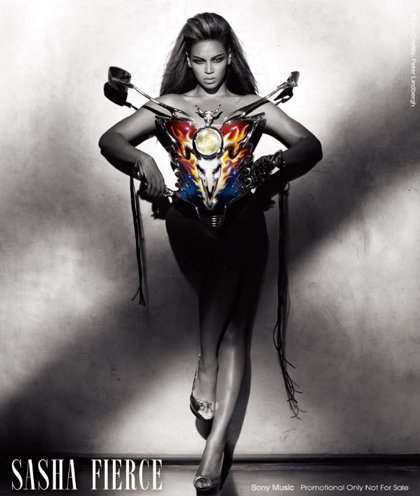Reading Resist Racism, I found a link to an article in this Sunday’s Washington Post by a journalist by the name of Amit Paley who chronicled her exploration of “tribes” in Thailand. The article is a study in class privilege, with a global twist. It begins with the sentence: “You can see almost anything in the world if you pay enough.”
She wanted to see women of the Padaung (or Kayan), who are from Burma but now live in Thailand as refugees. The Kayan women are famous for wearing brass rings around their necks, leading to the illusion of an elongated neck created by the depression of their collarbone. Paley writes:
Ever since I glimpsed the Padaung as a child in my grandfather’s National Geographics, I had wanted to see these curious women, who suffer painful disfigurement to emerge as graceful beauties.
Her description of human beings, indirectly, as curiosities, combined with the comment that you can see “anything… if you pay enough” (my emphasis) is an excellent example of the objectification of ethnic others.
Paley’s desire to see these women is almost thwarted by the majority of tourist companies in Thailand who describe her effort as exploitative and immoral. They even suggest that the women are “prisoners held captive in the villages by businessmen” making money off of tourism. This is confirmed by Wikipedia, for what it’s worth.
This doesn’t stop Paley, who keeps asking until she finds a company that will take her to one of the remote villages in which Kayan women live.
The women she meets confirm that they wear traditional garb, continue traditional practices (such as the brass rings), and are even forced to remain in the villages, in order to attract tourists. Men, largely, appear to be exempted from earning their keep in this way.
Paley says that one powerful male village member said that the women “must wear the dress because of tradition” and “spoke excitedly about its appeal to tourists and noted that half of the village’s income of $30,000 a year comes from tourism.”
A woman in brass rings told her “We do it to put on a show for the foreigners and tourists!”
Paley finishes with this lackluster reflection:
So is it unethical to visit the long-necked women? It is clearly true that money spent to visit them supports an artificial village from which they essentially cannot leave. On the other hand, many of them appeared to prefer living in virtual confinement as long as they are paid and safe. According to what they told me, their situation beats the alternative of living in a repressive country plagued by abject poverty and hunger.
I don’t feel guilty about visiting the Padaung, but my feelings might be different if I had traveled solely as a tourist rather than as a journalist. And I certainly don’t like their lot in life: Shouldn’t everyone have the freedom to live and travel wherever they want?
Well, Paley has shown that she certainly does have that freedom. And she is apparently willing to use her “journalist” identity to justify just about any advantage that her privilege affords her.
Lisa Wade, PhD is an Associate Professor at Tulane University. She is the author of American Hookup, a book about college sexual culture; a textbook about gender; and a forthcoming introductory text: Terrible Magnificent Sociology. You can follow her on Twitter and Instagram.





